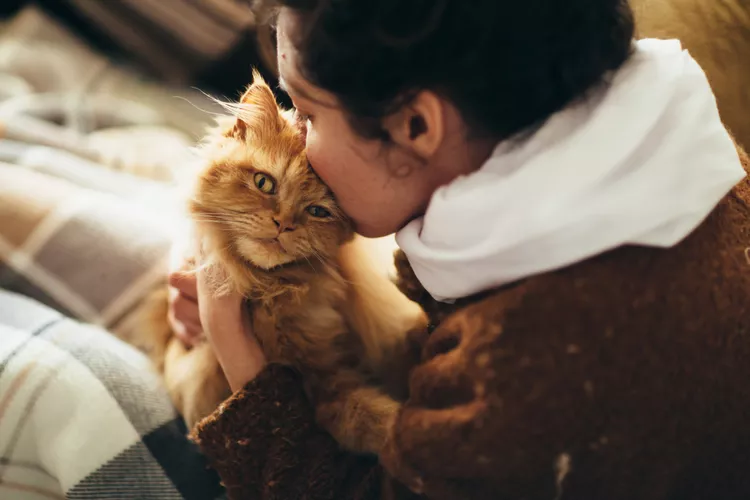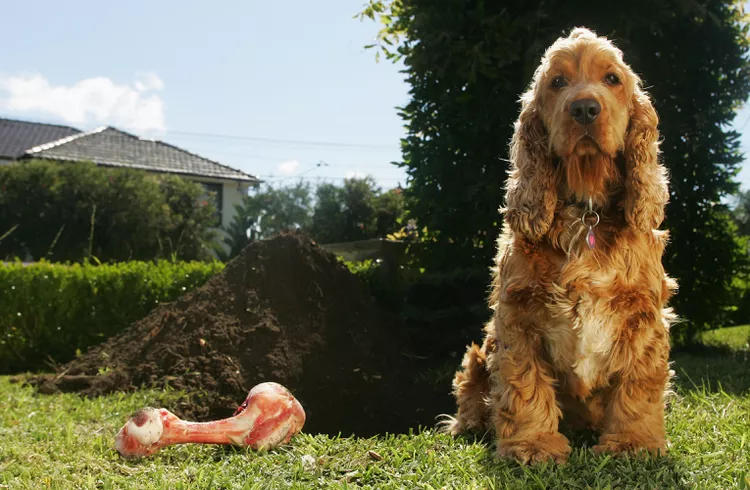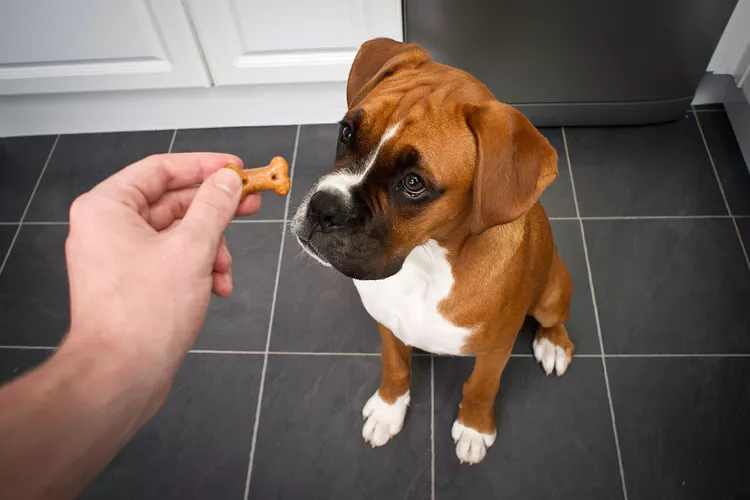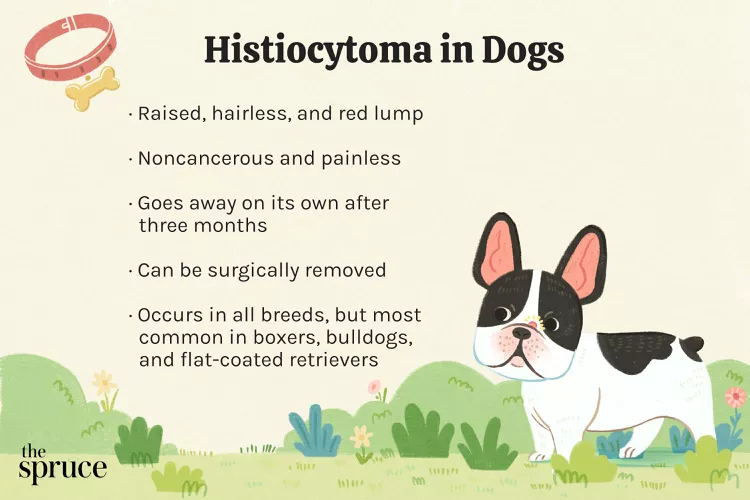
When facing the imminent death of a terminally ill beloved cat, or when a feline companion has suddenly died, the disposal of the remains is a hard topic to contemplate. However, planning ahead for the inevitable is important and helps avoid making hasty emotional decisions that you may regret later.
Many methods of animal remains disposal are governed by individual state or local laws, so part of planning in advance includes investigating laws in your location. For example, some counties prohibit the burial of pets in backyards or the scattering of pet cremains. A local animal shelter or veterinarian will be able to help navigate the legal landscape.
Cremation can be arranged through your veterinarian, pet cremation companies, or possibly through a local animal shelter. There are two methods:
When it comes to burying your pet, you may have the option of burying your cat at home or in a pet cemetery.
While not for everyone, some people may find immense comfort in having a permanent lifelike visual reminder of a cat they dearly loved in their home. The price for this service usually starts at around $1,000 and increases based on several factors. A veterinarian can help refer pet owners to professional taxidermists.
No matter how prepared, the loss of a pet can still come as a shock, and handling the practical aspects afterward can be emotionally exhausting. Considering a few common questions can help prepare owners for the stressful time that surrounds a cat's death.
Will someone come to my home and take away the animal's body?
A mobile veterinary clinic may be able to come to your home. Animal control services will also pick up deceased pets for a fee. Your pet's passing will not be considered an emergency, so at night, weekends, or holidays, they may not arrive until the next business day.
If there is a delay, what do I do with my cat's body?
Like humans, upon death, cats may expel fecal matter or urine. This is not a signal that they passed in pain; when they die, the internal organs and muscles loosen, releasing waste. It's fine to clean up your pet a bit after it has passed. Depending on how long you have to wait, you can wrap the body carefully in towels and place it in an appropriately sized box.
If you have to wait more than two hours, or in hot weather, wrap the remains thoroughly in plastic wrap, place it in a large plastic bag, tie it closed tightly, and place it in an ice chest with ice packed all around. These details are painful to think about, and even more painful to carry out. Remember that your cat's essence is no longer in its body. The careful, respectful handling of your beloved cat's remains will serve as a testament to your love.
When you have handled all the final details, the enormity of your loss may hit you immediately, or you may find yourself feeling numb and unable to cry. Grieving any loss is a long process, and you may never feel fully recovered. Through understanding and recognizing the progressive stages of grief, the day will come when you will be able to look back on your life together with love and smiles instead of tears.

Cute Pictures & Facts About Calico Cats & Kittens
Learn fascinating facts about calico cats, including photos, the genetics behind this color combination, and common folklore and traditions.
How to Prevent Cat Separation Anxiety During Vacations
Discover why cats develop litter box problems and cat behavior problems when you go on vacation and what you can do about it to help them.
Cat Behavior Changes That Might Mean Something's Wrong
Cats' behavioral changes may indicate problems—or they may mean nothing at all. Explore causes of odd behavior and what to do about them.
Lhasa Apso: Dog Breed Characteristics & Care
The Lhasa apso is an ancient breed from Tibet that was bred to be a watchdog. Learn about its history, health, exercise needs, and more.
Reasons Why Dogs Run Away and How to Stop It
Dogs can escape, especially if they’re bored and not properly contained. Here are some techniques for stopping your dog from running away.
Can Dogs Get Depression? How to Help Your Sad Dog
Can dogs get depression? Learn about the signs of depression in dogs and find out how to help your sad dog.
How to Stop Aggression in Dogs
Dog aggression can be a serious behavior issue for pet owners. Learn how to stop aggression in dogs before someone gets hurt.
How to Stop Your Dog From Growling
A growling dog can soon become even more aggressive. Reduce the noise and potential for a dangerous situation with some of these techniques.
Why Do Dogs Dig Holes? How to Stop Your Dog from Relandscaping Your Yard
Dogs have been digging holes for centuries and for many reasons. Whether they’re bored or want to cool off in the dirt, here are the top reasons why dogs dig holes.
Dog Treat Varieties
Learn about the different types of dog treats on the market and decide which are best for your dog.
Can Dogs Eat Asparagus?
Dogs can eat asparagus, provided the vegetable is cooked plain and cut up for them. Seasonings, salt, and butter make it unhealthy for dogs.
Histiocytomas in Dogs
A histiocytoma is a type of benign (non-cancerous) skin lump that usually affects young dogs. Learn the causes, treatment, and prevention.
Why Is My Dog’s Eye Swollen?
If your dog's eye is swollen, she may need veterinary attention. The inflammation could be caused by allergies, an injury, or even a tumor.
Common Bugs and Parasites Found on and Inside Dogs
Learn about common types of parasites in dogs. Find out how to treat and prevent parasites to keep your dog, your family, and yourself safe.
Exploring the Different Types of Pet-Friendly Beaches
Are you looking for pet-friendly beaches? Learn about the different types of pet-friendly beaches, their locations, and tips for visiting them with your pet.
10 Obscure, Little-known Canine Facts in Honor of National Dog Day
With National Dog Day upon us, it's time to celebrate everything about our favorite pets—even the weirder stuff. Here are 10 obscure facts about dogs you probably didn't know.
Kitten Development From 3 to 6 Months Old
Kittens grow and change a lot during their first year. Find out what happens between the ages of three months and six months old.
95 Siamese Cat Names
Our list of Siamese cat names has diverse and fun options to help you choose the ideal moniker for your elegant and lovable feline companion.
What to Buy for Your New Cat: A List of Essentials
Before you bring your new cat or kitten home, there are a number of things to collect or buy so your cat will feel welcomed like a family member.
The 6 Best Cat Nail Clippers of 2024 for a Safe Trim
Clipping your cat's nails can save your furniture and keep your kitty comfortable. We asked veterinarians for their cat nail clipper recommendations.